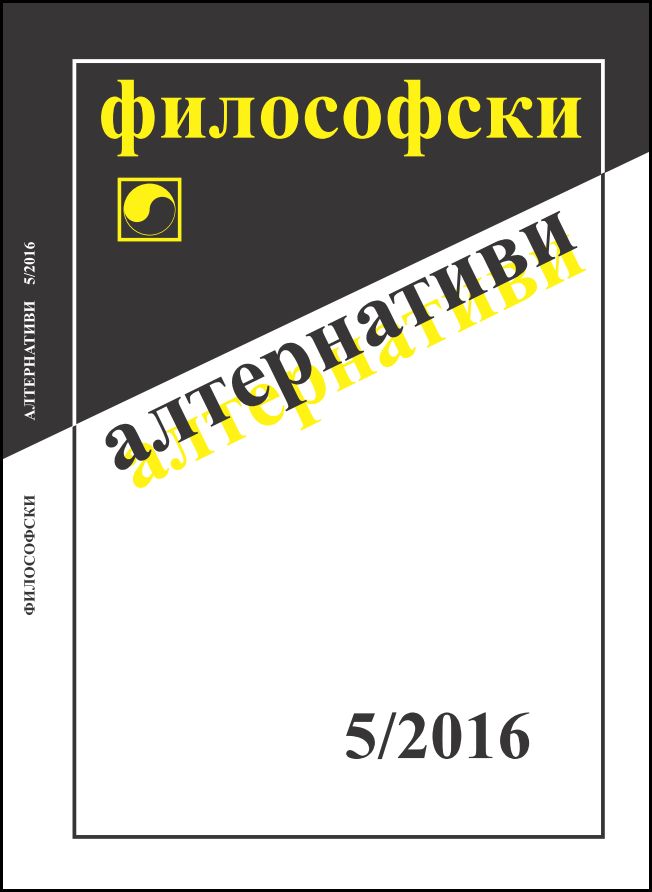За скитника-чудак в „Стихотворения“ (1901, 1904) на Пейо Яворов
The Odd Wanderer in Yavorov’s Poems (1901, 1904)
Author(s): Sava SivrievSubject(s): Aesthetics, Bulgarian Literature, Theory of Literature
Published by: Институт по философия и социология при БАН
Keywords: wanderer; axiology; modernism; time; Bulgarian; poet; P. K. Yavorov; emotional; spiritual; mental; drama, meaning;
Summary/Abstract: In his famous preface to P. K. Yavorov’s Poems (1904), Pencho Slaveykov wrote that the lyrical character who wanders through emotional, spiritual and mental spaces, as portrayed in the poem “Odd Fellow” in the collection, is a central character in Yavorov’s early lyrics.Each cultural paradigm designates the wandering life according to its own specific axiology.In Medieval Bulgaria, man viewed himself as a wanderer and a stranger on earth. His home, which he has lost, is in the afterlife, with Jesus Christ. During the Bulgarian National Revival, the concept was that the home is built here, in one’s own land, where the native rivers, valleys, and mountains are, where one’s generic universe is – one’s mother, father, brothers. Leaving home represents pain and suffering. The wanderer in foreign places, foreign lands, is a sufferer. Where is man’s home in modern times? It is difficult to say. Efforts to find the home, the road leading to it, and a life of wandering, varied and found different solutions in Bulgarian lyrical poetry in the age following the National Revival – depending on the personal existential ideas and the philosophy of life of the different authors: Nirvana and Death in the case of Mihaylovski; the intoxication whereby life is surmounted in Kiril Hristov; the Island of the Blissful in Pencho Slaveikov, etc.In Yavorov, the wanderer travels to the depths of his emotional, spiritual, and mental world, to the drama of self-knowledge, to the drama of seeking values and meaning that he shall never find.After “The Odd One”, and until his late poetry, Yavorov presented the numerous faces, the psychological and mental capacity of his literary character, who wanders in search of a meaning for himself and for the world.
Journal: Философски алтернативи
- Issue Year: XXV/2016
- Issue No: 5
- Page Range: 101-112
- Page Count: 12
- Language: English, Bulgarian
- Content File-PDF

